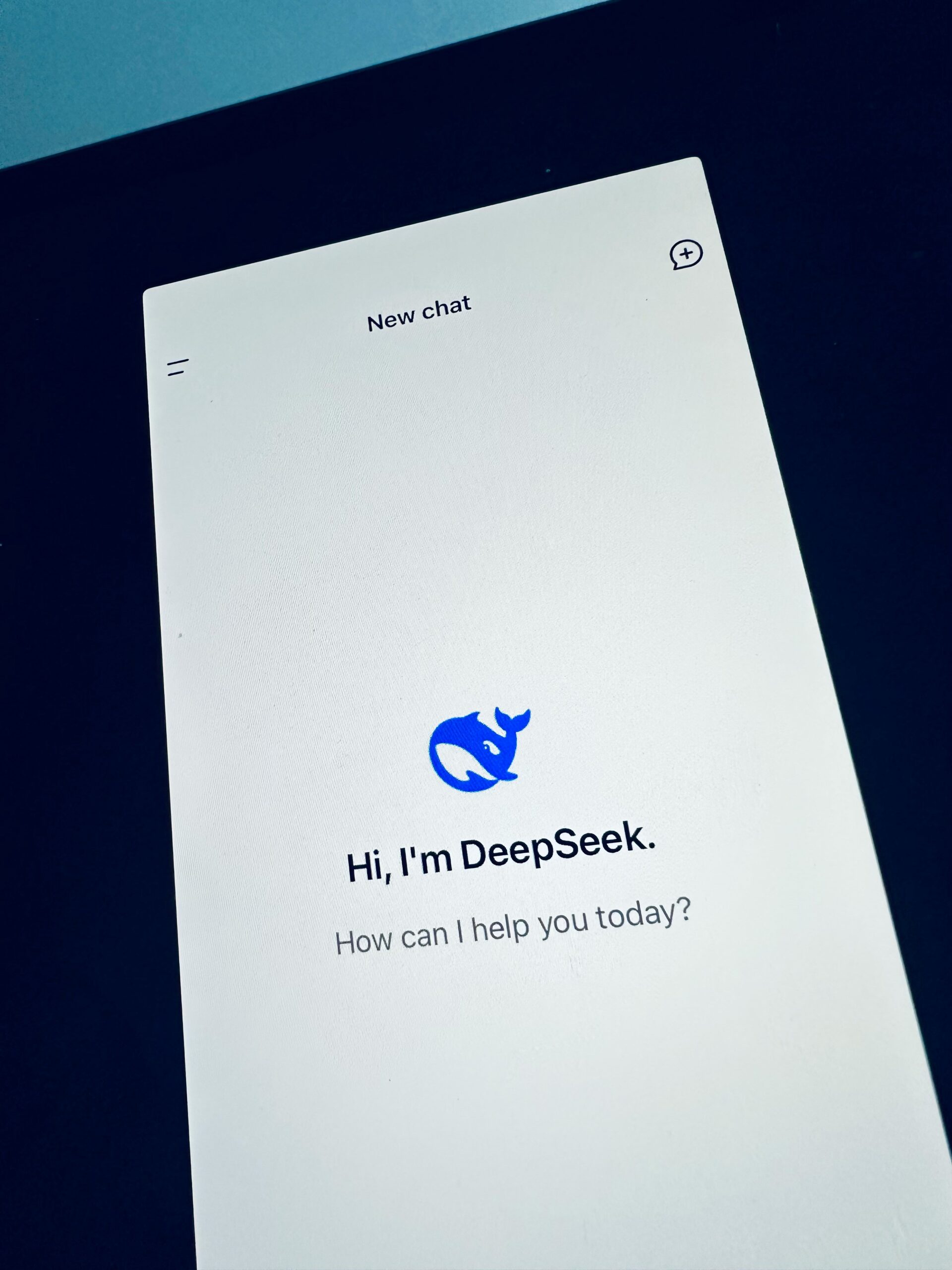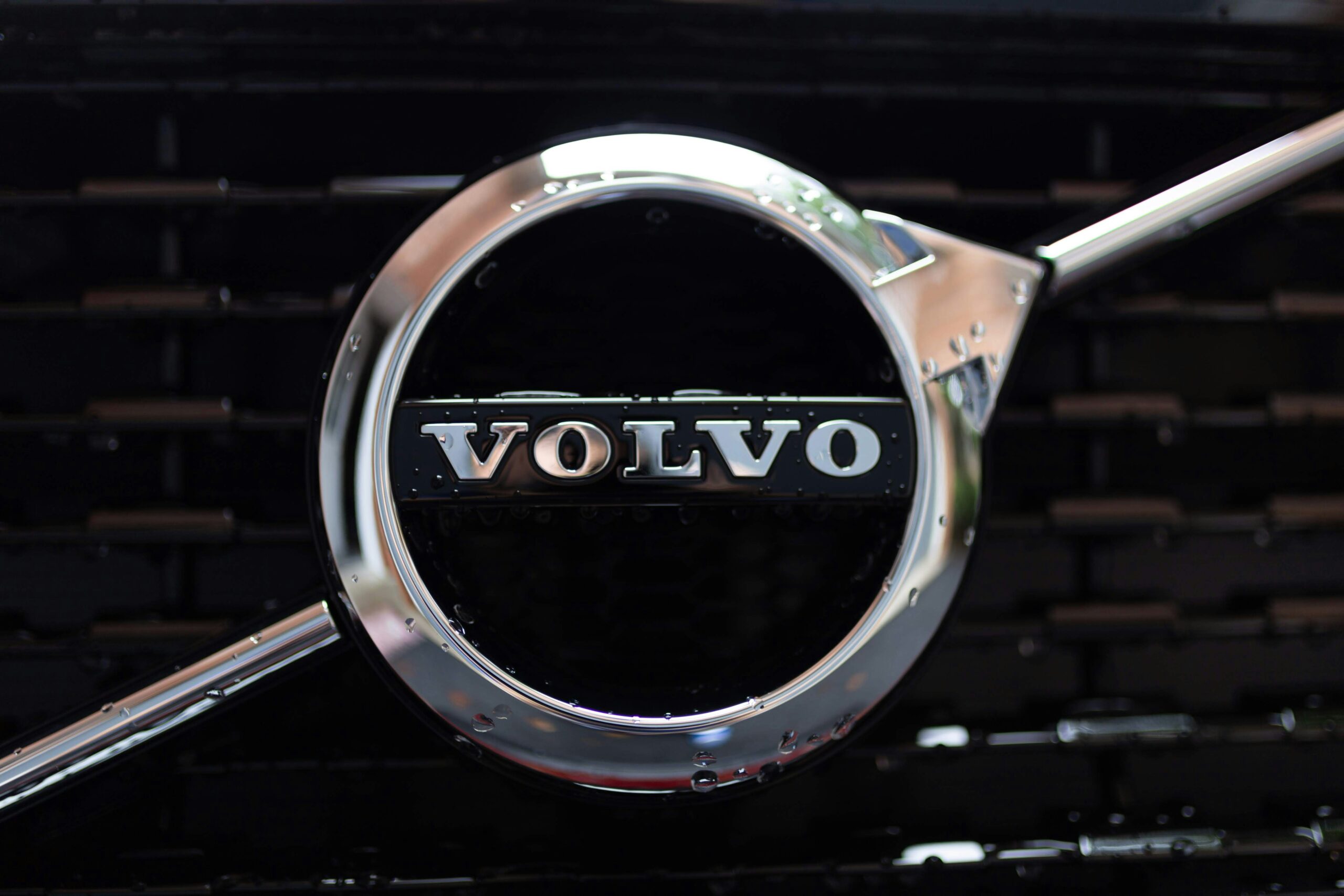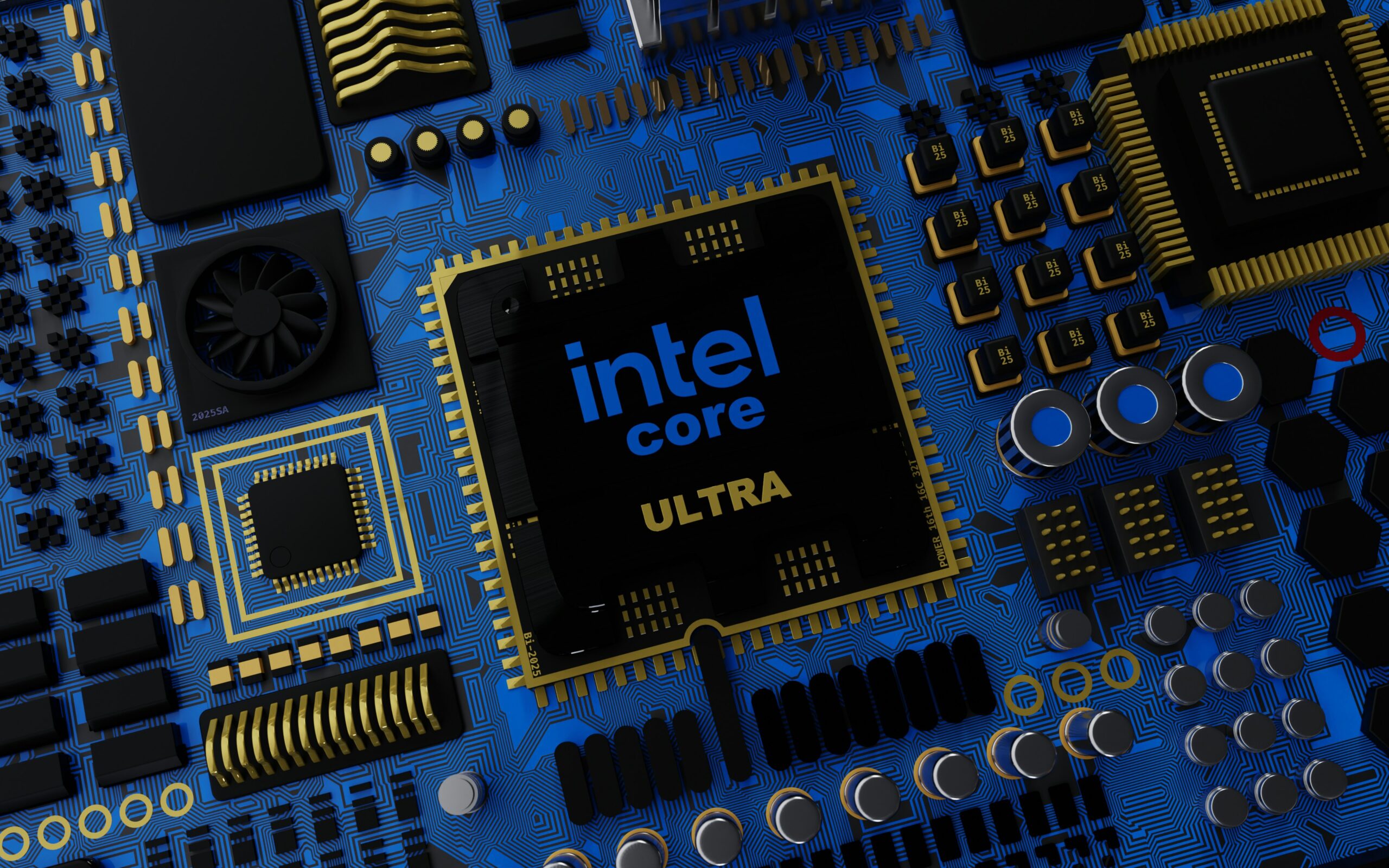Image credit: Unsplash
It has been a long battle for companies to capture and integrate data into their decision-making, but with generative AI advancing, companies are now in a position to double down on finally getting data right.
According to the 2025 AI & Data Leadership Executive Survey, an industry benchmark survey of Fortune 1000 and global business leaders that was first launched in 2012, the use of AI has helped drive corporate agendas across the board in the last year alone. The survey, which was conducted by the educational Data & AI Leadership Exchange in partnership with DataIQ—a global community of data and AI leaders—was composed primarily of C-suite executives or the equivalents within their organizations. Their responses point to how AI is changing the way businesses, well, do business, with organizations experiencing a transformation that is reminiscent of the introduction of the internet in the 1990s.
Yet, despite fears of disinformation, misinformation, potential job displacement, risk of ethical bias, and other concerns, many of the leaders expressed a surprising optimism, viewing the overall impact of AI as beneficial. Here are some key takeaways from these executives’ responses.
Corporate Investments in AI and Data are Rising
The survey reported that overall investments in corporate AI and data initiatives had grown, which makes sense when a growing percentage of organizations also reported that AI and data were among their top priorities: 8.4% of organizations said that they were increasing investments in AI and data and 90.5% say that AI and data investments are a top priority.
Reports of Business Value from AI Investments
Despite AI initiatives in the early stages for most Fortune 1000 companies, a staggering 93.7% of respondents report that they’ve seen some business value from their AI investments—meaning they are seeing quantifiable results already. Metrics are able to show increases in customer acquisition and retention, improved customer satisfaction, and revenue and productivity improvements. Of the companies that reported growth, 18.1% report a high level of measurable business value, 28.3% report rapidly increasing business value, and another 32.3% see a modest but rapidly growing level of business value based on these quantifiable metrics.
The Gradual Transformation
While already producing results, organizational transformation due to AI is gradual. Most companies report that their AI efforts are at an early stage: 76.1% are in experimentation, testing, and limited production. However, a growing percentage of organizations are moving more rapidly as well, with 23.9% reporting implementing AI in production at scale this year, up from just 4.9% last year.
Despite growth and focus, many companies are still struggling with cultural barriers to transformation, with 91.2% of companies reporting the biggest barriers to business transformation are due to cultural factors, not technology. Many of the Fortune 1000 companies are legacy companies founded before 1990, which is a contributing factor to the gradual transformation of large organizations.
Responsible AI, Safeguards, and Guardrails
Concerns about the use of AI are being addressed through the use of responsible AI, a term that contains AI ethics, governance, and other risk-mitigation programs. Responsible AI is also a growing priority for most organizations, which are focusing on establishing safeguards and guardrails to help ensure responsible AI usage. The survey showed that 77.6% of organizations reported having implemented responsible AI safeguards and guardrails, which is up from 62.9% one year ago.
AI and Data Leaders Join the C-Suite
Another way AI shapes how businesses work is the increase in the percentage of companies that view AI and data leadership roles as permanent C-suite positions. 66.3% of AI and data leaders now report to their companies’ most senior business leadership, which tends to be the CEO, president, or COO. This figure highlights the recognition that reliance on AI and data has become increasingly central to all aspects of a company’s decision-making.
This year’s survey reveals how AI is leading dynamic changes and transformation in various businesses, with its figures potentially highlighting the future of how the company’s run is here now.





























































































































































































































